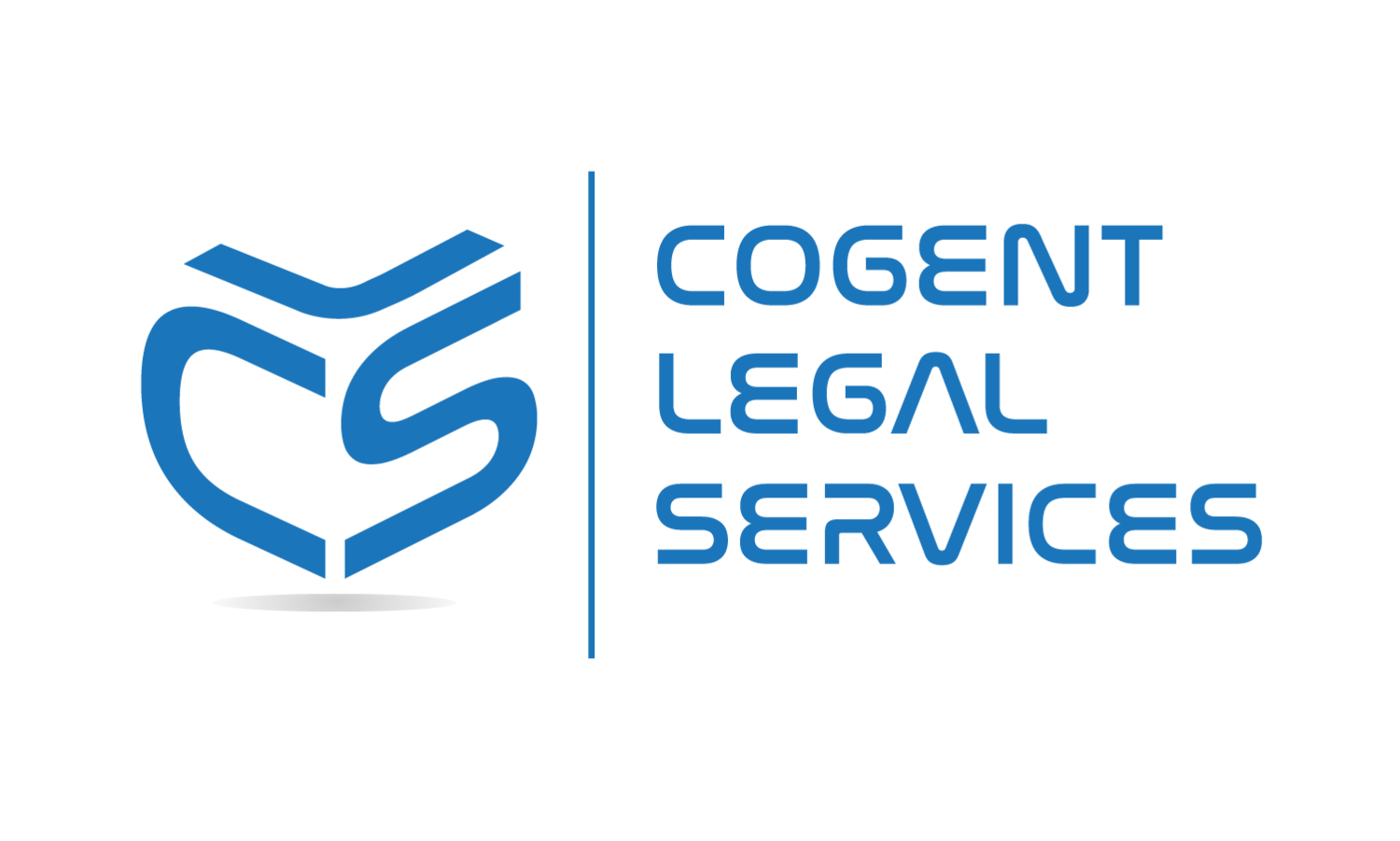Real-Life Examples of Transcript Mistakes and Their Consequences
The Hidden Risks of Inaccurate Transcripts in Litigation and Claims
Mini-Series: Part 2
A recent study by the National Court Reporters Association found that even a 2% error rate in transcripts can significantly distort meaning in testimony. For attorneys and insurance professionals, that statistic is more than just a number—it represents risks that can derail cases, compromise credibility, and drive up costs. When errors slip into the official record, they rarely stay hidden for long, and the fallout can be serious.
In this second part of our three-part series on The Hidden Risks of Inaccurate Transcripts in Litigation and Claims, I want to share real-world examples of how mistakes in transcripts have altered outcomes, and why accuracy must be treated as non-negotiable.
Misquoted Testimony That Shifted Liability
Consider a personal injury case where the witness said, “I did not see the stop sign.” An inaccurate transcript recorded it as, “I did see the stop sign.” That single word changed the entire liability argument. The defense attempted to use the misquote to undermine the plaintiff’s credibility. The error was eventually corrected, but not before hours of attorney preparation and an unnecessary hearing to clarify the record. The client bore the cost of wasted time and additional legal fees—all stemming from one mistaken word.
Errors That Undermine Expert Testimony
In another matter, an expert’s technical testimony was transcribed incorrectly, altering key terminology. Instead of referencing “degenerative disc disease,” the transcript read “degenerative disk.” While the difference may seem subtle, the opposing side seized on the discrepancy to question the expert’s professionalism and accuracy. Although ultimately clarified, the error damaged the impact of the testimony in front of the jury, planting doubt where there should have been none.
For insurance carriers, such mistakes can directly affect claim evaluation. When medical or technical language is misrepresented, it creates uncertainty in determining coverage or liability, potentially prolonging claims and increasing expenses.
Strategic Fallout From Inconsistencies
Transcript errors can also weaken broader case strategy. In one commercial dispute, minor discrepancies in terminology between depositions and hearing transcripts led to confusion over contract obligations. Opposing counsel argued the inconsistencies reflected sloppy preparation by the plaintiff’s team. The judge, while sympathetic, ultimately required additional clarifications, delaying the proceedings by weeks. The client faced both reputational harm and higher litigation costs.
How Cogent Protects Against These Risks
At Cogent Legal Services, we are committed to preventing these kinds of costly mistakes. Our court reporters are extensively trained to handle technical, medical, and industry-specific terminology with precision. We also leverage advanced technology to ensure accuracy at every stage, from real-time transcription to final proofing.
With statewide coverage across Florida, our clients know they can depend on consistency whether a deposition takes place in Miami, Orlando, or Pensacola. By focusing on accuracy and accountability, we help attorneys and insurance professionals avoid the pitfalls illustrated in these examples.
Conclusion: Lessons from Experience
These cases demonstrate how even small transcript errors can spiral into major consequences. From shifting liability arguments to undermining expert credibility, the risks are real and often costly. That is why partnering with a court reporting service committed to precision is essential.
If you want the confidence of knowing your transcripts will hold up under scrutiny, I encourage you to connect with us through our contact page. At Cogent, we believe accuracy is not just a service—it is protection for your case and peace of mind for your clients.
